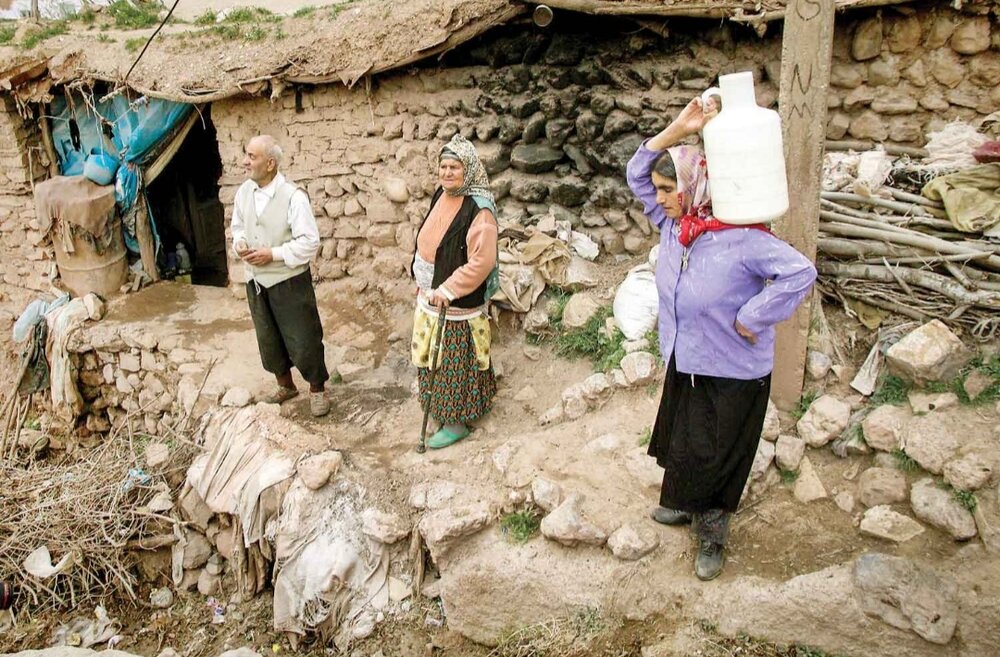‘Back to the Village’ to help reverse rural-urban migration

TEHRAN – The Barekat Charity Foundation, affiliated with Headquarters for Executing the Order of the Imam, will launch a plan to generate 15,000 jobs in villages, aiming to help reverse rural-to-urban migration trend.
Called “Back to the Village”, the plan provides special facilities to the villagers who migrated to the cities and helps them make a living returning to their place of birth.
Many rural residents migrate to the cities due to unemployment and the hope of making a better future, Seyed Amir Hossein Madani, Managing Director of Barakat Foundation said.
With the implementation of this plan, 5,000 jobs are planned to be created this year, and if we succeed in creating 15,000 jobs, 60,000 people, with an average of 4 members per family, will return to the village from urban to rural areas, he added, ISNA reported on Friday.
The Barakat Foundation has various activities, but the main activity is in the field of job creation and production, he stated, adding, "Investment has been made in nearly 800 enterprises and production units, small and large, which has led to the creation of more than 200,000 jobs over the last 14 years."
According to Madani, this project has been implemented in 621 areas of the country and 297 cities, and 8,035 villages have been covered so far.
This year, a total of 135 trillion rials (nearly $3.2 billion at the official rate of 42,000 rials) budget will be allocated for job creation with the participation of banks and people, he concluded.
Downward trend of migration from rural areas to cities
Currently, 26 percent of the country's population lives in villages, around 39,000 villages have more than 20 households and 23,000 villages have less than 20 households.
Thus, more than 97 percent of the country's rural population lives in villages with over 20,000 households.
Many efforts have been made over the past couple of years by the government to support villagers and slow down the trend of migration from rural areas to cities.
Rural tourism, agritourism, religious tourism, and ecotourism are alternatives or complementary economic activities that could further stimulate rural development while decreasing rural community dependency on one main economic sector (agriculture, forestry, energy, or mining).
Mohammad Omid, the vice president for rural development, said in November 2020 that for the first time in the country, the migration of people from rural areas to cities has reached zero.
A total of 220 trillion rials (nearly $5.6 billion) has been approved for the development of villages in the current year (March 2020-March 2021), Omid said.
Some 140 trillion rials (about $3.3 billion) have so far been spent, he noted, adding, the unemployment rate in rural areas has reached 7.4 percent, which has decreased by over one percent compared to last year.
FB/MG
